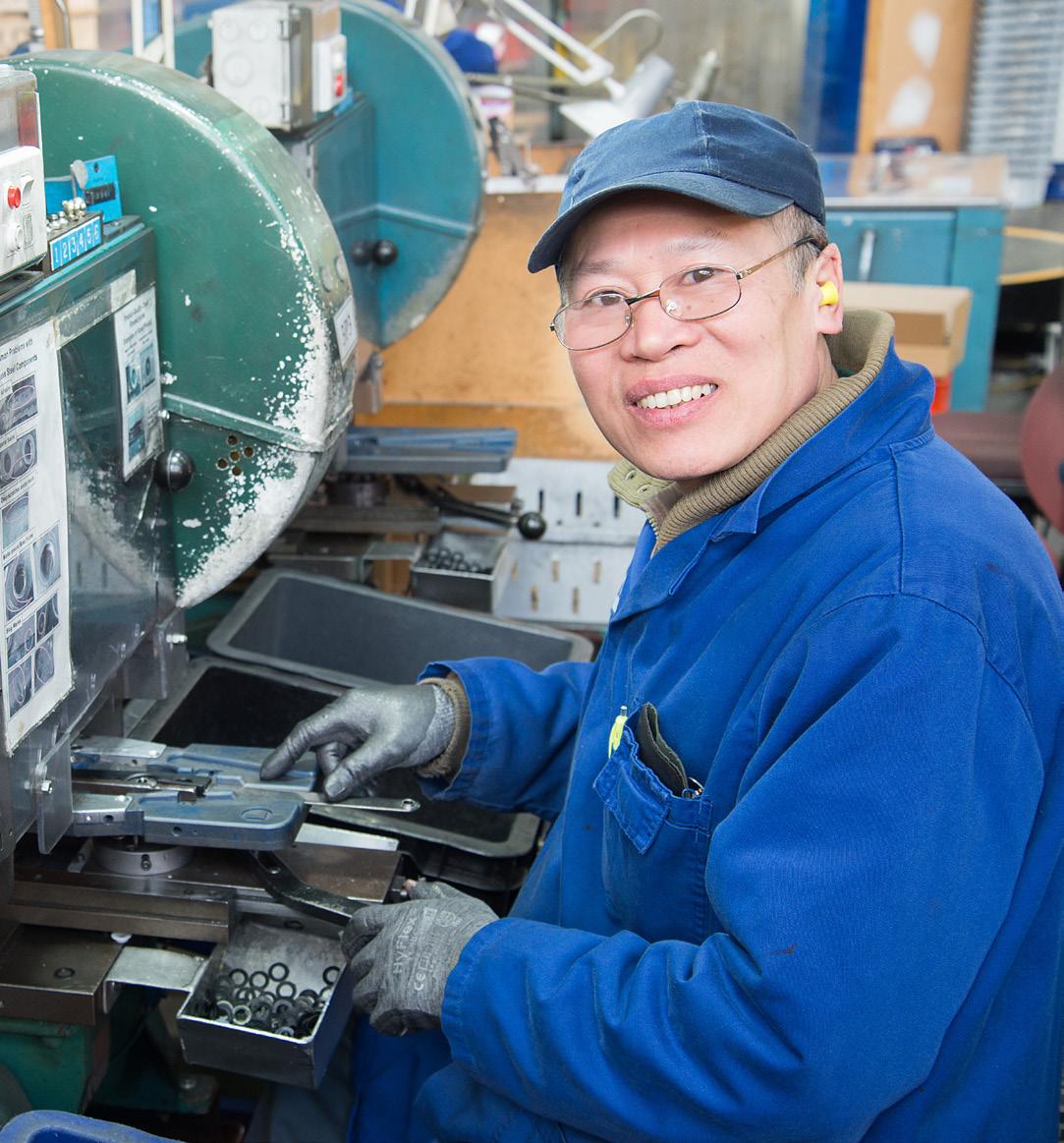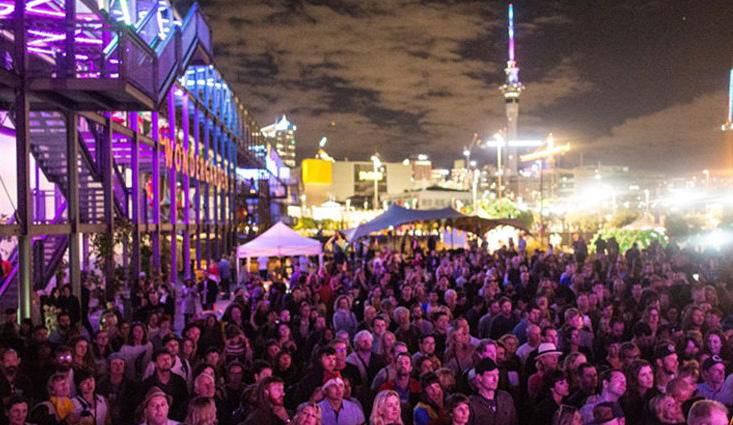
4 minute read
Blue collar skills shortages threaten growth
Yearbook 2020 Loss of blue collar skilled workers looming
Political pressures among looming concerns for employers of blue collar and seasonal staff
Advertisement
Income, skills and diversity are set to be the key labour market issues in 2020 according to OneStaff, New Zealand’s largest provider of temporary and permanent onsite staffing for the industrial and commercial industries.
OneStaff says the past 12 months has shown the employment market performing as expected with growth in seasonal peaks, rather than consistent growth all year long. “The market has settled into one with seasonal peaks which is a consistent trend under a Labour-led government rather than the more consistent growth curve without the seasonality which is a trend observed under a National-led government,” says Group General Manager Jonathon Ives.
“Although the race is run differently by each party, often the results are similar as far as market activity goes.



Skill Shortages
Seasonal demand will push a greater percentage of immigration to the warmer months in line with the demand for blue collar workers.
The shortage of skills creates tension for the forward planning of projects, particularly larger infrastructure projects. It increases uncertainty in the timeframe for work delivery, but these shortages also highlight areas of the labour market that are ripe for opportunity.
OneStaff holds that 2019 saw sectors such as building and construction, and their associated industry bodies, become more proactive in their marketing to attract people entering the workforce.
This, coupled with the Labour government’s willingness to support vocational training, will increase the industrial and commercial workforce in 2020.
While the immigrant skillset is certainly needed to cover the gaps, more skilled industries face a disparity between overseas wages and those in New Zealand. This will cause homegrown talent to look offshore for better pay and conditions. We are anticipating more skilled New Zealand workers leaving the country. The net result is that while there will be enough skilled people to get the work done in New Zealand, there will be no meaningful growth in wages to attract more, and more qualified, people into blue collar roles. “Enterprising businesses will continue to look outside the usual channels for people with particular specialised skillsets and instead seek people with softer skillsets – but are more flexible and willing to adapt and retrain as needed,” says Ives.
“Businesses which are more flexible in their staffing requirements such as the hospitality sector, will see some skill shortages at least stop-gapped for now, or even reduced over time.”

Minimum wage increases OneStaff also believes the current Labour-led trend of minimum wage increases will cause wage compression and reduce upskilling throughout businesses, with a flow on effect where costs are passed on through the sales cycle. Industries will compete for similarly cost matched individuals, on playing fields that are not similarly matched in terms of entry pre-requisites. This will cause skill shortages to worsen in some sectors, such as skilled tradespeople with higher requirements for entry into their fields. “In simple terms this means that people in a skilled role are now being paid close to, or the same as, people in an unskilled role, killing incentives for them to further upskill for more qualified work. Why would someone take on more accountability and responsibility in their job when there is minimal difference in reward for doing so?” says Ives.
Diversity
OneStaff’s What’s my Rate Survey reviewed employment trends in 2018 and provided a key piece of analysis for businesses looking to attract and retain staff – increase diversity.
More specifically, a focus on increasing gender diversity across all industries and closing the gender wage gap.
While OneStaff predicts the gender wage gap to decrease in 2020, the company sees this as an issue that persisted through 2019, and one that won’t go away for some time.
Last year’s results showed a median gender wage difference across all industries but highlighted construction as a key industry with the most variation, at the time it held a $5 hourly difference between men and women.
“In 2020 we believe the efforts by the construction industry to recruit and retain more women will increase representation and reduce gender inequity. As women progress into higher paying roles through experience and as the larger cohort of male dominated roles reduces over time, we believe we will track progressively better in this space into and through 2020.
“In fact, we think we may see the gap narrow in more industries than just construction,” says Ives. ed as the primary driver of this coalition government and there are a number of tweaks to how workers are treated and remunerated that will play out over the coming year. 2020 will see some of these pressures, like increased minimum wage, affect the employment market,” says Ives. “There will absolutely be increased analysis of whether Labour’s social contract has worked and will allow its momentum to continue, or if public sentiment has changed to be more favourable to National. What is critical to the job market is how positive both business and employee confidence is based on government policies and outlooks.”
Election year
Ives believes that income, skills, and diversity will continue to be dominant issues for discussion by both sides of the political spectrum in the run up to the general election.
“Social wellbeing is tout
Jonathon Ives










